Theresa May is about to embark on the toughest month of her premiership to date. Next week, she must persuade her cabinet to agree a common position on Britain’s future relationship with the European Union. The following week, she will attend a Nato summit which may well shake the foundations of the alliance. Then, without a moment to catch her breath, she must host Donald Trump when he visits the UK. As if that weren’t enough, she must also win a Commons vote on Britain leaving the customs union.
It is tempting to predict that the cabinet meeting at Chequers in the coming days will result in yet another elaborate compromise. After all, that is what happened when the Brexit inner cabinet was last summoned in February to her country retreat for a ‘crunch meeting’. It ended in everyone agreeing that progress had been made towards ‘managed divergence’. One of those present recalls that the drinks before dinner were one of the few times this government seemed at ease with itself. Remainers and Leavers were, for once, content in each other’s company.
A repeat of that seems unlikely. Time is running out. The government must now make decisions on some of the most controversial issues, such as the customs union. Tensions within the cabinet are far worse than they were in February. The Brexit Secretary, David Davis, has, in the words of one well-connected Tory, ‘been goaded beyond endurance’ by Theresa May’s sherpa Olly Robbins taking ever greater charge of the negotiations. Boris Johnson grows more frustrated. He believes that the government is stumbling into an unfulfilling Brexit and that long-term opportunities are being jettisoned for fear of creating short-term disruption. Meanwhile, Greg Clark, the Business Secretary, is advocating a soft Brexit. He wants his colleagues to listen to the warnings of business, rather than dismiss them.
It is hard to see how the government can agree a position that can satisfy both sides. I also understand that cabinet Brexiteers want May to state publicly what she won’t accept in the negotiations. They know that the red lines she drew in her Lancaster House speech in January 2017 have been rubbed out during the past few months. They want to put new ones in place.
All the signs are that May is planning to soften her Brexit position still further. Already, influential Leavers are being urged by those close to May to remember that if Britain can’t get a deal with the EU, the whole Brexit process could collapse. This is the inverse of May’s old ‘no deal is better than a bad deal’ line.
One of the most interesting questions is what May will do on EU immigration. The EU won’t agree anything more than a fairly plain vanilla trade treaty without something approaching free movement. But Sajid Javid, the new Home Secretary, doesn’t want any compromise over immigration, and a UK/EU deal that allowed something very close to free movement wouldn’t pass muster with many Leave voters.
However fractious the Chequers meeting becomes, it should be more harmonious than the Nato summit. Trans-Atlantic relations are already at their lowest ebb in decades, as the US and the EU engage in a tariff fight. The summit will give Trump the chance to open another front in this war. He’ll be able to berate — and with some justification — Germany, and all but three of Nato’s EU members, for not spending the alliance minimum of two per cent of GDP on defence last year. He’ll be able to ask why the United States, which accounted for more than 70 per cent of Nato spending in 2017, should devote more resources to the defence of the continent of Europe than Europeans do.
The success of May’s visit to Washington in 2017 was getting Trump to publicly commit to Nato. As she recently confided to the cabinet, however, in private he still complains that other countries are ‘not playing their part’. Whitehall’s great fear is that in Brussels, Trump won’t be satisfied with simply upbraiding and denouncing the Europeans for being freeloaders. Rather, they fear that he’ll go further than that and imply that those countries that aren’t meeting the two per cent target can’t be certain that they’re still covered by the American security umbrella. This would be music to Vladimir Putin’s ears and create the most serious crisis for the western alliance since France withdrew from Nato in 1966.
Another worry of senior figures in government is what Trump might propose to promote détente with Russia. One frets that Trump might arrive at the summit and announce that he has secured peace in Europe through a deal with Putin that will see everyone pulling back their forces from the border between Nato and Russia.
What makes things so awkward for May is that Trump will fly straight from the Nato summit to this country for a three-day visit. This will leave May walking a diplomatic tightrope, as she is asked repeatedly whether she agrees with what her guest said or not.
The last great July test for May will come when the Trade Bill returns to the House of Commons. Tory rebels are looking for opportunities to keep the UK in a customs union, which they could do by amending one of the Brexit bills. They agreed not to hijack the recently passed EU withdrawal bill only because May promised that they could have this debate — and vote — when the Trade Bill returned to the Commons. So Parliament’s big Brexit battle is now just weeks away.
A defeat would further weaken May’s authority and deepen splits within the Tory party. It would make it less likely that she will be allowed a dignified exit. And it would further weaken her hand with Brussels.
Why should the EU take seriously Britain’s proposals on customs, if Theresa May can’t win parliament’s backing? What’s the point of negotiating with her, when the Commons will deliver what the EU wants: a customs union?
If May can make it through the next four weeks unscathed, she will have earned her summer break. She’ll be able to work on her party conference speech with confidence that she’ll get to deliver it. But if everything that could go wrong this month does, her position will look even more precarious.
Got something to add? Join the discussion and comment below.
Get 10 issues for just $10
Subscribe to The Spectator Australia today for the next 10 magazine issues, plus full online access, for just $10.
You might disagree with half of it, but you’ll enjoy reading all of it. Try your first month for free, then just $2 a week for the remainder of your first year.


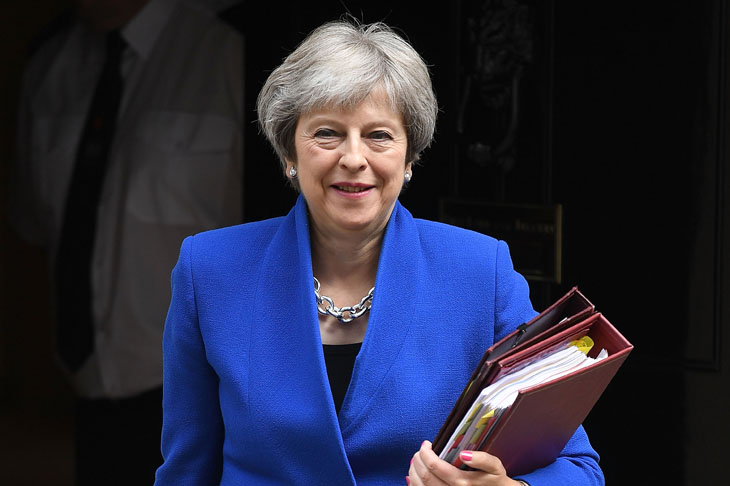


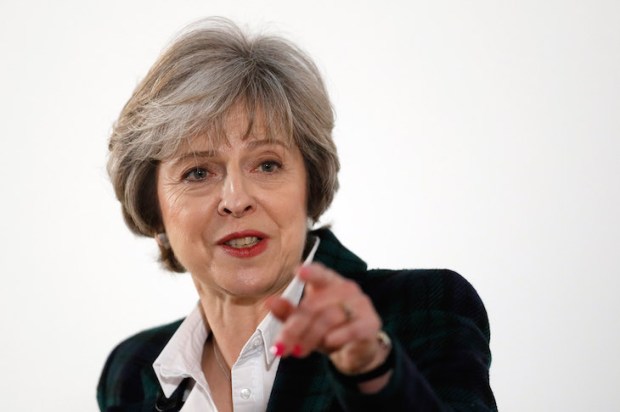
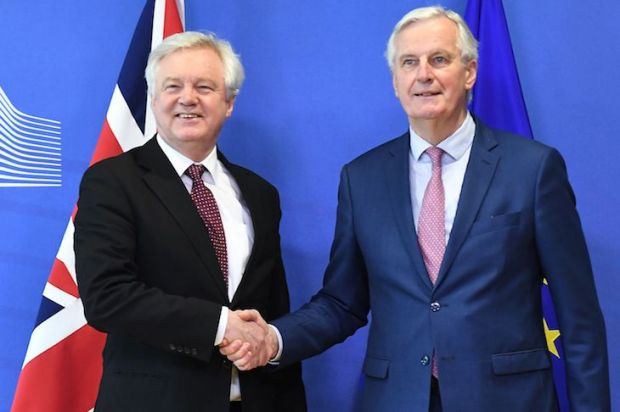
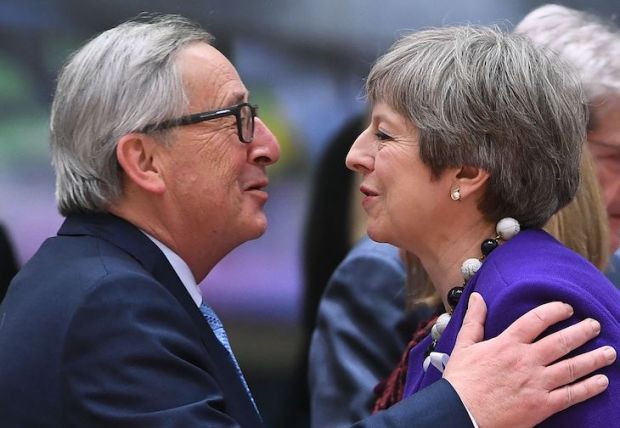
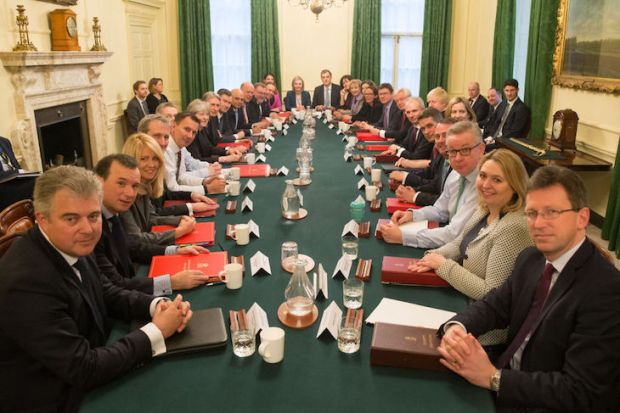






Comments
Don't miss out
Join the conversation with other Spectator Australia readers. Subscribe to leave a comment.
SUBSCRIBEAlready a subscriber? Log in